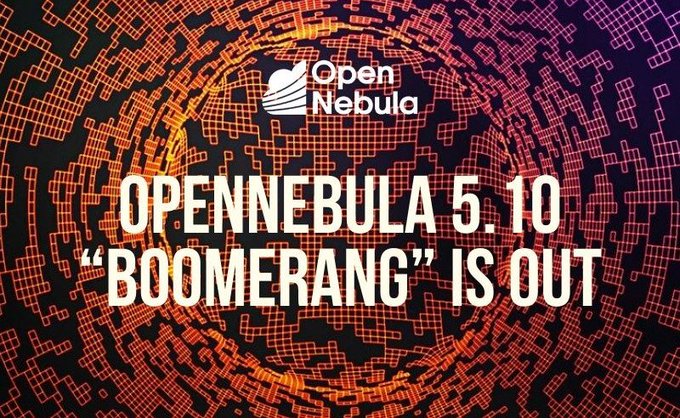The most outstanding improvements of this new release are:
• Revamped Hooks subsystem of the OpenNebula API, with a new design that allows you to manage events with much more flexibility.
• NUMA and CPU pinning: now you can define on which NUMA node virtual machines will be deployed.
• Integration with NSX. You can create and use NSX networks from OpenNebula, simplifying network virtualization in VMware infrastructures.
• DPDK Compatibility: considerably improves the performance of virtual machines with high density and high network consumption.
• 2FA Authentication for Sunstone: Two factor authentication will require, in addition to a username and password, a token generated by Google Authentication, Authy or Microsoft Authentication.
OpenNebula is one of the virtualization platforms supported by UDS Enterprise for the management and deployment of Windows and Linux virtual desktops and applications. UDS Enterprise is the only desktop virtualization broker certified as OpenNebula Ready and capable of publishing virtual desktops on this cloud orchestrator.
The Université Catholique de Louvain relies on UDS Enterprise and OpenNebula for its VDI and vApp infrastructure. You can check this Case Study at this link.
For more information about OpenNebula and UDS Enterprise visit our blog.








0 Comments